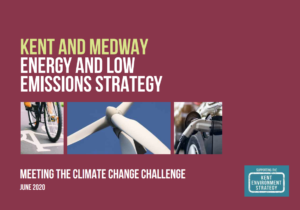What is renewable energy generation?
Renewable energy generation involves producing energy from natural sources that replenish themselves over time. Unlike fossil fuels, which are finite and release harmful emissions when burned, renewable energy sources are cleaner and more sustainable. The primary types of renewable energy include:
Solar power
Harnessing the energy from the sun.
Wind energy
Using kinetic energy from the wind.
Hydro-power
Using flowing water to produce energy.
Biomass energy
Converting organic materials into energy.
Geo-thermal
Utilising heat from the Earth’s core.
Why is renewable energy important?
Decarbonising the national grid
The government have set a 2030 target for decarbonisaing the national grid. This constitutes transferring away from a fossil fuel based energy system to a renewable one. The government have committed to financing local energy project and setting GB energy, which we await further information on its delivery and implementation. This shift is crucial for achieving net zero carbon emissions and ensuring a sustainable future. By generating more electricity from renewables, we can significantly cut carbon emissions and help combat climate change.
Solar Together Kent is a group-purchase scheme for solar panels and battery storage, helping homeowners and small businesses install solar systems at competitive prices.
Solar panels reduce energy bills and carbon footprints. Adding battery storage allows you to use the generated electricity at home or for charging electric vehicles.





